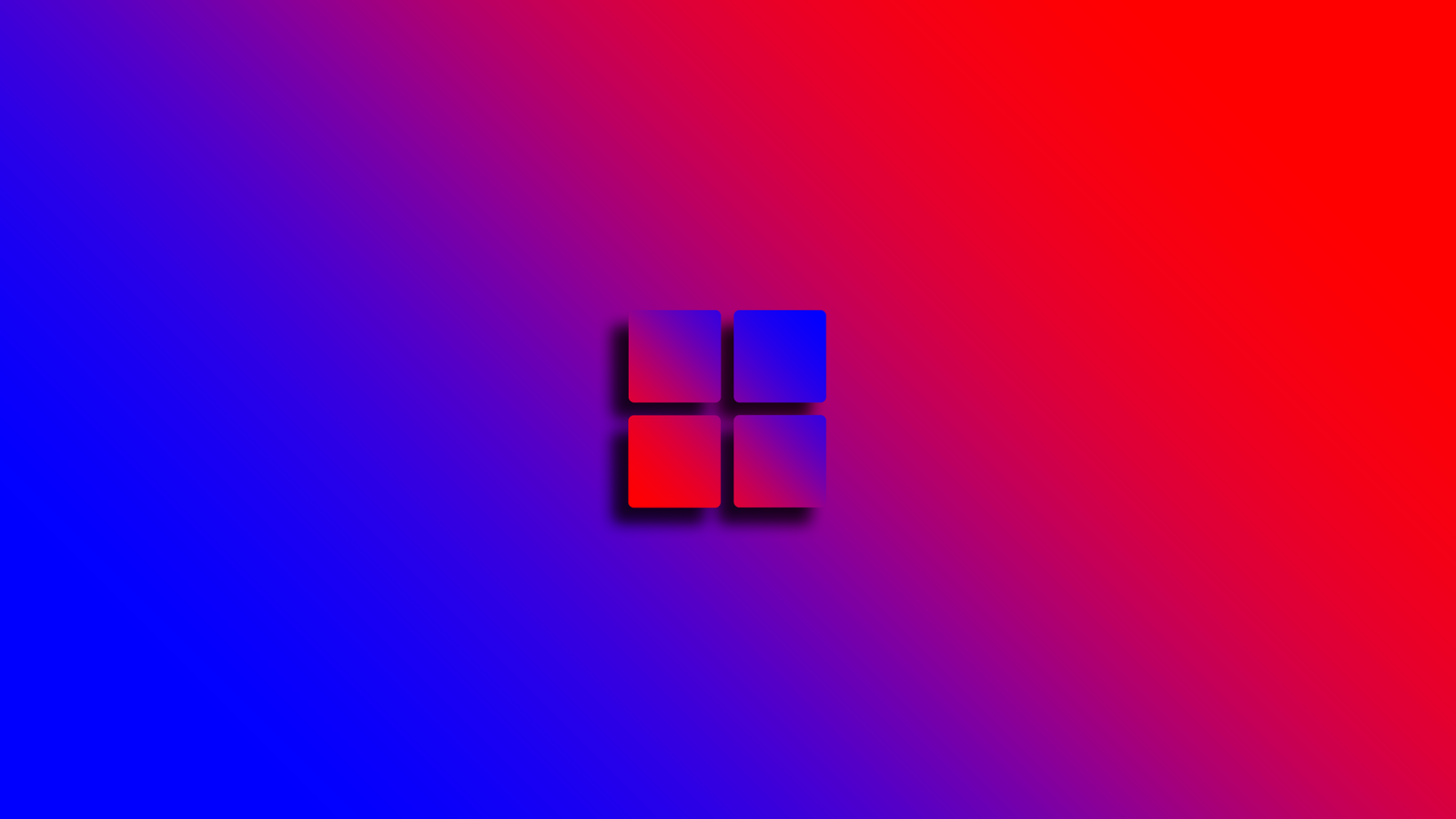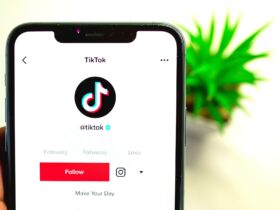Released on October 5, 2021, Windows 11 followed Windows 10 by more than six years. The operating system’s first big upgrade was just published by Microsoft, but Windows 12 is said to come next. It seems that Microsoft is abandoning the practice of releasing substantial upgrades every year in favor of releasing a whole new version of Windows every 3 years, which was the case before to Windows 10.
There has been no official word from Microsoft about a new Windows release. In fact, it has minimized the Windows 12 concerns we’ve heard about. The business has publicly stated that Windows 11 would get yearly upgrades and incremental feature additions. But it’s never too soon to look forward, and Windows 12 is likely to arrive when Windows 11 does. Take a peek into the future and see whether it matches up with the present.
The release date for Windows 12 has not yet been announced. Reports have put the release date of Windows 12 at some time in 2024, nearly three years after Windows 11 was first introduced. This is pretty much all we know at the moment, and we may not learn anything further for some time. Based on historical patterns, Windows 12 is expected to be released in the autumn, or at the very latest, the second part of this year. Since the release of Windows 12 is still a ways off, Microsoft may just be being coy for the time being.
Meanwhile, Windows 11 will continue to get updates, and on occasion, new features will be included to ensure that users never become bored with the OS. In September, Microsoft launched Windows 11 version 22H2, which included a slew of new features, including, among other things, folders in the Start menu and updated touch gestures. In addition, the first update for version 22H2 was released in November, bringing with it improvements to the File Explorer in the form of tabs. Until then, Windows 11 will continue to develop with the expectation of at least two more of these momentous improvements in 2023.
It’s possible that Windows 12 features may start appearing in the Windows Insider Program over the following two years, but Microsoft is likely to continue designating them as Windows 11 improvements until we’re considerably closer to the release date. While many of the Insider Program’s features will appear in Windows 12 in the form of incremental updates, some may have a more far-reaching scope. However, Windows 12 may hold out on revealing its unique features until much closer to the operating system’s release date. In any case, Windows 11 was a reasonably well-kept secret until it was almost ready.
What is different about Windows 12?
Even though Microsoft has not yet made the Windows 12 operating system publically available, we were recently provided with an early peek at a prototype. During the keynote address that was given at Microsoft Ignite by CEO Satya Nadella, Microsoft accidentally showed an idea for Windows 12, which they want to release in the future. The idea demonstrates a number of intriguing updates, such as the addition of a floating taskbar and a number of system icons that are now shown at the top of the screen. These system icons include indications for Wi-Fi connectivity and battery life, in addition to a weather widget. This would bring Windows closer in functionality and appearance to macOS and some Linux variants.
Since we are still a few of years away from the anticipated delivery date, this is most likely a design prototype that is in its very early stages. However, it does provide us with some fascinating components to investigate, and it is possible that it may undergo considerable revisions or perhaps be completely abandoned before Windows 12 is released to the public. It had been years since Windows had made significant changes to the taskbar, but Windows 11 introduced those adjustments. If this notion is any indication, Windows 12 will provide even more significant shifts to the experience that we have been used to having.
Apart from that, the Windows Insider Program is the one and only means to find out about potential new features that will be included in Windows 12. Windows Insiders are given the opportunity to test out new features in advance of their public release, often months in advance. It is possible that certain Windows 12 features may ultimately be made available to the general public. Right now, the most of the modifications that are being tested are quite minor, and it is probable that they will be implemented via cumulative updates for Windows 11. However, it is possible that this may change in the future.
Can I avoid an obligatory upgrade?
A resounding “no” is probably the best guess here. Microsoft’s efforts to coerce people into upgrading to the newest version of Windows have drastically slowed down. Users of Windows 10 may choose whether or not to upgrade to Windows 11, and this will likely remain the case in future versions of Windows.
If your version of Windows is approaching the end of its support term, it may be required that you upgrade to the most recent version. For instance, Windows 11 Home and Pro users will get 24 months of support after the first release. This means that in 2023, even if Windows 11 version 22H2 isn’t required, it will likely be installed automatically so that users may continue receiving future security updates.
In contrast, Microsoft continues to provide annual upgrades with new features for Windows 10, and the operating system still receives security fixes. They don’t bring many new functions, but they keep your PC supported for longer. Instead of forcing customers to upgrade to Windows 11, Microsoft is keeping them on Windows 10 with these incremental upgrades, which will be released until October 2025, the end of Windows 10’s extended support period. After Windows 12 is out, it’s probable that Windows 11 will get the same treatment, so you won’t have to update right away.
Should I upgrade to a new PC that supports Windows 12?
Following the dramatic increase in Windows 11’s minimum system requirements in comparison to Windows 10, this is another excellent subject to consider. The Windows 12 operating system may again exclude support for older computers. It’s still too soon to tell whether certain PCs won’t be compatible due to various factors, but it’s possible. We don’t foresee any reason for the future Windows version to need more than that, although it’s conceivable that it may happen. Windows 11 now requires CPUs launched from about 2018 forward. Whether or not your computer is compatible with it is a major factor in whether or not you will buy it, but that is another topic altogether.
It’s difficult to speculate on any further needs. The minimum requirements for Windows 12 will likely be the same as those for Windows 11, which are 4GB of RAM and 64GB of storage. Expecting Microsoft to back down on standards like TPM implementation is likewise unrealistic. However, if the past is any indicator, unsupported PCs will continue to be able to install it with the use of a workaround.
Will WIndows 12 also be free?
It’s possible that you’re wondering whether you’ll have to pay to switch to Windows 12 when it finally comes out, but that’s not very probable. Major Windows upgrades have been provided for free to current Windows customers by Microsoft for many years, and it makes sense for this practice to continue. Naturally, Windows 12 won’t be free on its own, so if you don’t already own a Windows license, you’ll still have to purchase one.













Leave a Reply